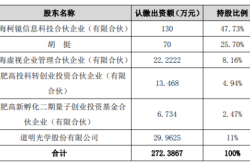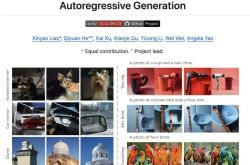The real confrontation in the China-EU electric vehicle tariff dispute has just begun
![]() 07/24 2024
07/24 2024
![]() 642
642
Introduction | Lead
After a nine-month anti-subsidy investigation into Chinese electric vehicles (BEVs), the European Commission has decided to impose provisional anti-subsidy tariffs on imports of electric vehicles from China. These provisional tariffs will come into effect on July 5, 2024, and will last for up to four months, during which time EU member states will vote on whether to upgrade the provisional tariffs to a permanent five-year tariff.
For electric vehicles made in China, the EU's additional tariffs are undoubtedly a topic that cannot be ignored at present.
Recently, Reuters reported that the written opinion on the EU's imposition of countervailing duties on Chinese electric vehicles was: 12 EU member states supported, 4 opposed, and 11 abstained. Simply looking at the number of votes, the camp opposing the EU's imposition of punitive tariffs on China is somewhat weak.
△Reuters recently revealed the voting results on the EU's imposition of tariffs on Chinese imported electric vehicles
The voting results reflect intense internal competition within the EU
According to information disclosed by Reuters, countries such as Germany, Sweden, and Finland abstained from voting. Among them, Germany said that its abstention was merely to demonstrate "unity," while Sweden believed that dialogue was more important.
From the above statements, it can be seen that Germany and Sweden secretly hope that the EU will not impose tariffs on China. Germany's three major automotive groups have significant interests in China, with Volkswagen and BMW planning to export electric vehicles produced in China directly to Europe; as for Sweden, Volvo's best-selling EX30 this year is a complete rebadged Geely model, and it is this model alone that has propelled Volvo into the mainstream of European electric vehicle manufacturers while significantly boosting the profitability of electric vehicles, laying a solid foundation for the company's electrification transformation. Without the EX30, Volvo would struggle to make a significant impact in the European electric vehicle market.
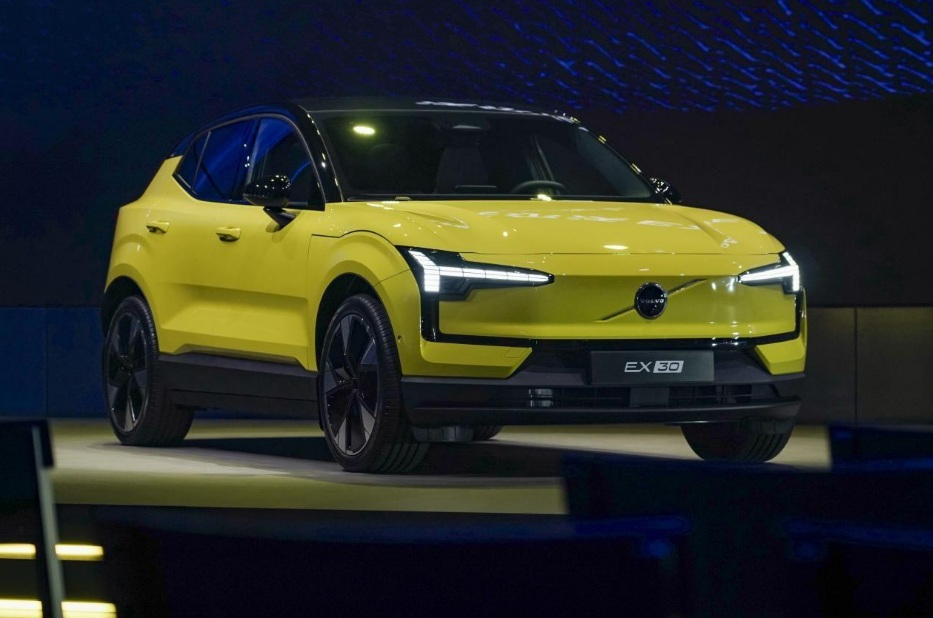
△Volvo has entered the first tier of European electric vehicles with the help of Geely's technology
Hungary and three other countries voted against the proposal. Hungary has repeatedly voiced opposition to tariffs on Chinese electric vehicles, as BYD's passenger and commercial vehicle factories in Europe are located in Hungary, as is CATL's largest battery factory in Europe. Since Hungary is one of the few European countries that strongly support China, Chinese companies are more willing to set up factories there. If the EU imposes additional sanctions on Chinese automakers in the future, it could affect Hungary's own interests, so it is in Hungary's interest to ease tensions and increase consensus between China and the EU.
△BYD has built passenger and commercial vehicle factories in Hungary
As for the countries that voted in favor, they include France, Italy, Spain, and 12 others. Among them, France, Italy, and Spain are the three most populous countries in the EU, with a combined population accounting for nearly 40% of the EU's total. According to relevant regulations, the current tariff policy is still provisional, and the final decision will be made by the European Commission after the investigation is completely concluded in October this year. At that time, unless opposed by a qualified majority of the 27 EU member states (15 member states representing 65% of the EU's population), the current provisional tariffs will be formally implemented, usually for a five-year trial period. Therefore, these three countries will play a crucial role in whether the tariff policy can be truly implemented in the future.
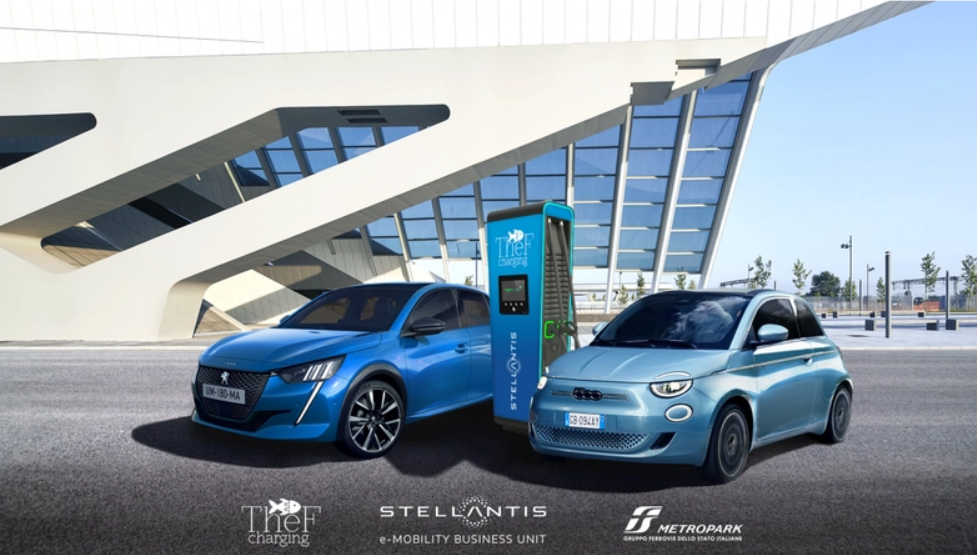
△France, Italy, and Spain, which account for nearly 40% of the EU's population, all have strong automotive industries
Is there a possibility of a reversal in tariff policy?
In fact, the final voting outcome of the EU will ultimately be influenced by several factors:
From a broader perspective, the EU's demand for electric vehicles is rapidly cooling. As two indicative countries in the EU, Germany and Sweden have seen sales of electric vehicles decline by 16% and 20%, respectively, after the cancellation of subsidies for electric vehicles. There have even been rumors within the EU of scrapping the policy to ban the sale of fuel vehicles by 2035. In other words, while Chinese electric vehicles offer better value for money, that is only compared to European electric vehicles. If the EU does not subsidize electric vehicles, Chinese electric vehicles will not be very competitive in Europe, and then whether or not higher tariffs are imposed will not matter much.
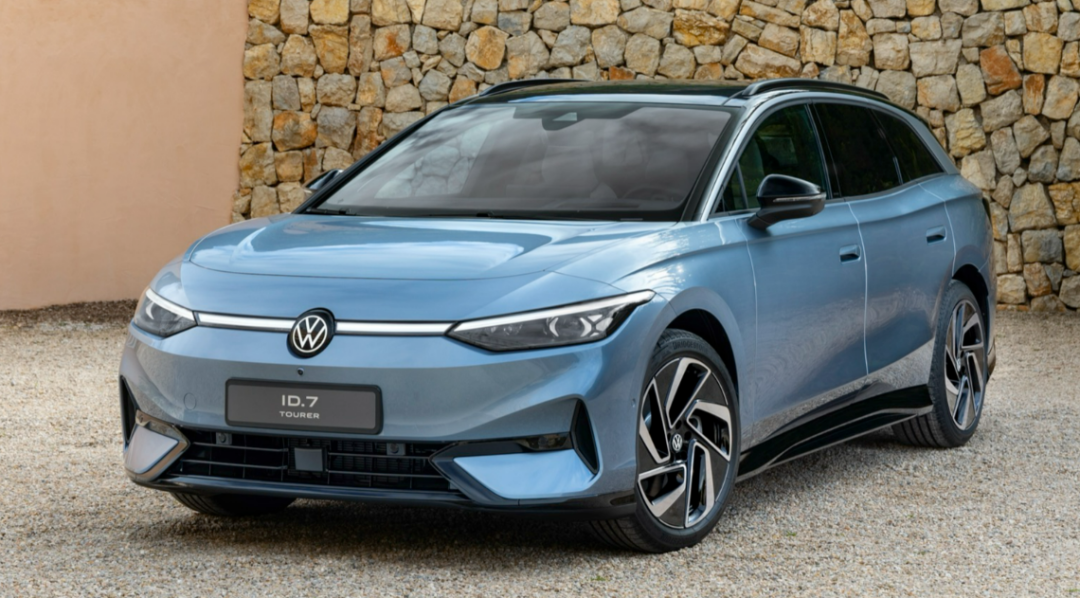
△After Germany and Sweden canceled subsidies for electric vehicles, sales of electric vehicles plummeted
The essence of the EU's imposition of higher tariffs is to encourage Chinese automakers to set up factories in the EU. In addition to BYD, which has already built its own passenger and commercial vehicle factories in Hungary, Chery and SAIC have both announced the establishment of their first factories in Europe in Spain. The automotive industry is crucial to the EU, and attracting Chinese automakers to set up factories in the EU will also bring new vitality to the EU economy. Moreover, due to the long automotive supply chain, Chinese automakers setting up factories locally will inevitably drive the entire supporting automotive supply chain to set up factories nearby. The automotive industry is crucial to the EU, contributing significantly to GDP and providing valuable job opportunities. Therefore, regardless of future developments, the EU will require Chinese automakers/component suppliers to set up more factories in the EU.
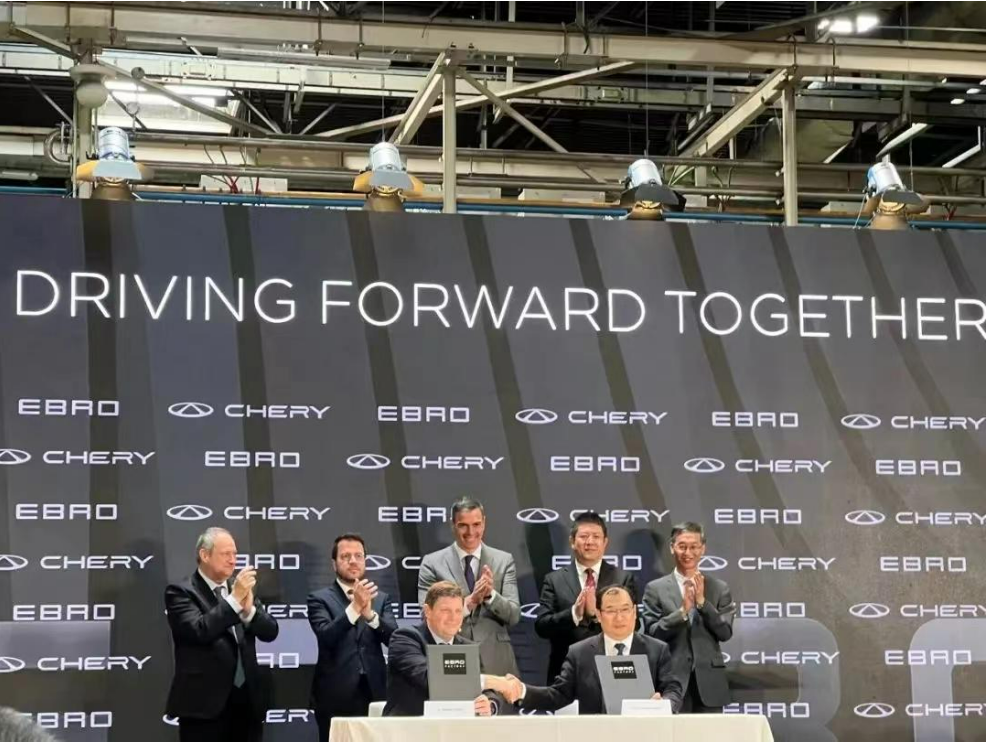
△Chery and SAIC's first factories in Europe will both be located in Spain
Communications between the Chinese government and key EU member states will also have a significant impact on the October vote. In the coming months, China and the EU will continue to communicate and seek better ways to resolve their differences. China also has many bargaining chips that it can use to counter the EU and force it to make concessions in certain areas. However, compared to the automotive industry, industries such as animal husbandry and wine, which the EU values highly, have much less influence. At that time, how to strike at the EU's Achilles' heel will be the biggest challenge for our policymakers.

△How will China-EU trade frictions evolve?
Competition and Cooperation in the China-EU Automotive Industry
According to data from the European Automobile Manufacturers Association (ACEA), European auto sales reached 1.31 million vehicles in June, a year-on-year increase of 3.6%. Among them, electric vehicle sales were 208,872, a slight increase of 0.1% year-on-year. In the first half of this year, the market share of pure electric vehicles in Europe was 13.9%, already lower than the same period last year at 14.2%.
Compared to European and American countries, China's new energy vehicle market is still in a rapid development process. According to statistics from the China Association of Automobile Manufacturers, in the first half of 2024, domestic new energy vehicle sales increased by 45% year-on-year to reach 3.5 million; and are expected to reach 11.5 million for the full year. In the field of new energy vehicles, the Chinese automotive industry is accelerating its progress. Whether it is the scale advantage brought by a larger volume or the technological advantage brought by continued high investment, China's advantage in the field of new energy vehicles is something that European automakers cannot match in the short term. In this context, if Europe wants to develop its electric vehicle industry and gain a larger share of the global new energy vehicle market, it needs to cooperate with Chinese automakers. Whether it is Volkswagen investing in XPeng, Stellantis investing in Leapmotor, or foreign automakers such as Volvo/smart/Lotus directly using Geely's electric vehicle platforms, these are good examples of cooperation between European and Chinese automakers that can help European automakers catch up with the cutting-edge technology of electric vehicles in the shortest possible time.
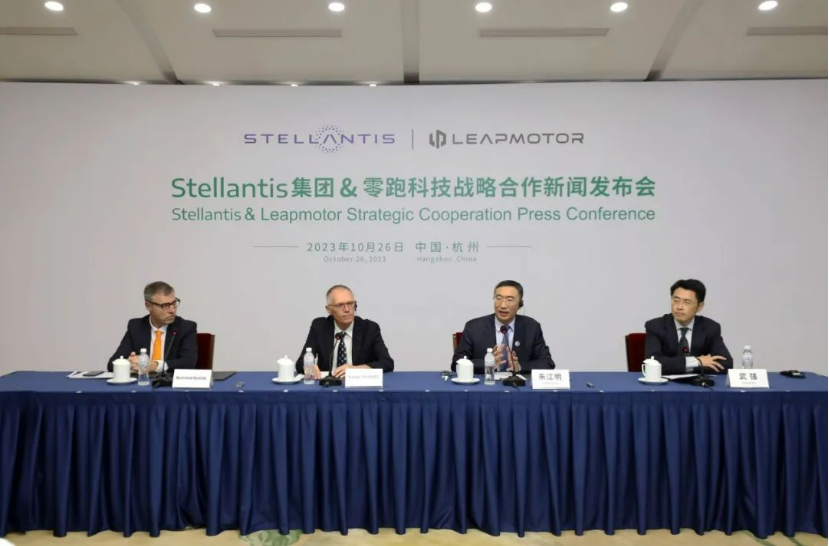
△Cooperation between China and Europe in the field of new energy vehicles is mutually beneficial
Compared to the internal competition between China and Europe, the attitude of the United States across the ocean will also have a substantial impact on China-EU trade. If Trump ultimately wins and continues his isolationist policies from his first term, he will undoubtedly push the EU into China's arms. At that time, even if China and the EU do not form an alliance, they will need to strengthen cooperation on more economic and trade issues to give themselves more bargaining chips to negotiate with the Trump administration; but if, by October, Trump falls behind in polls due to various events, and a Democratic administration that advocates unity with allies, including the EU, gains the upper hand, the EU is likely to demand higher prices from China.
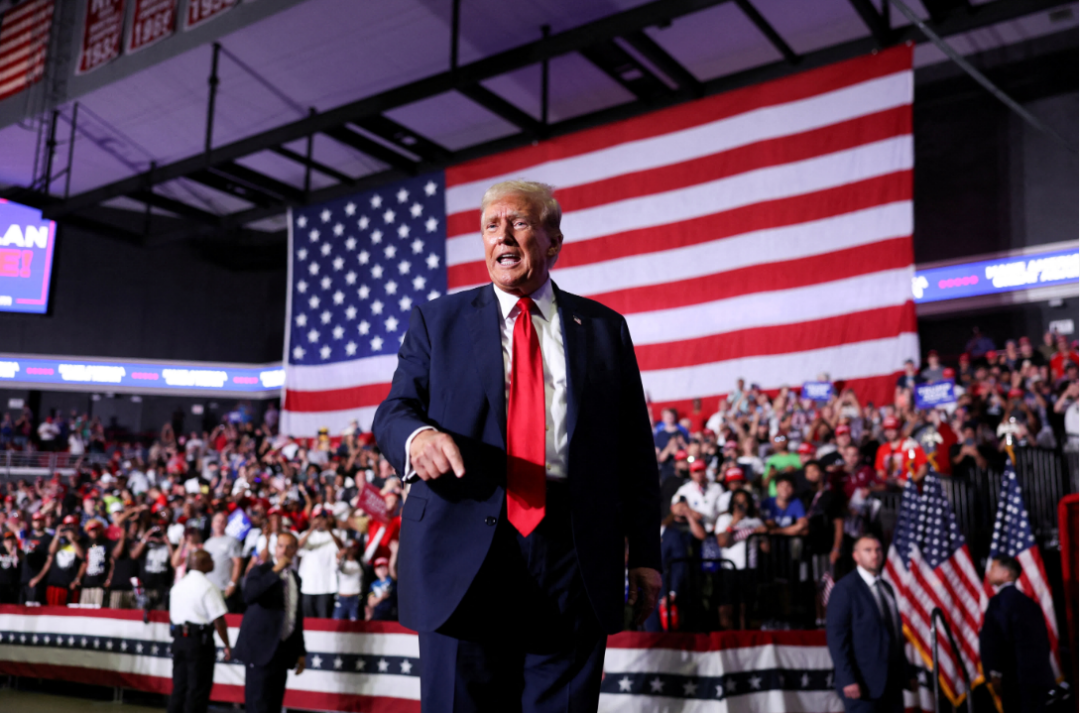
△The outcome of the US election will also affect trade negotiations between China and the EU
Commentary
The real confrontation in the China-EU electric vehicle tariff dispute may have just begun. In the coming months, how to better collaborate and form alliances will be a significant test for all parties. With the United States having already closed its doors to Chinese automakers through high tariffs, Europe is a market that Chinese automakers must break into if they want to enter the global market. While thinking about exporting more electric vehicles to the EU, Chinese automakers must also consider the EU's perspective. Good business is always mutually beneficial. As long as Chinese automakers start from the overall layout of the globalization of the Chinese automotive industry, they will surely find solutions to the problem.


